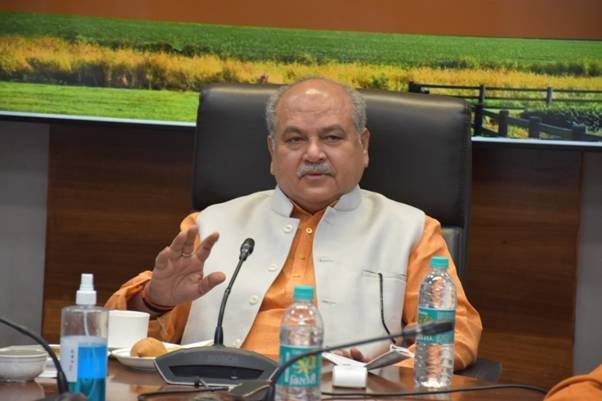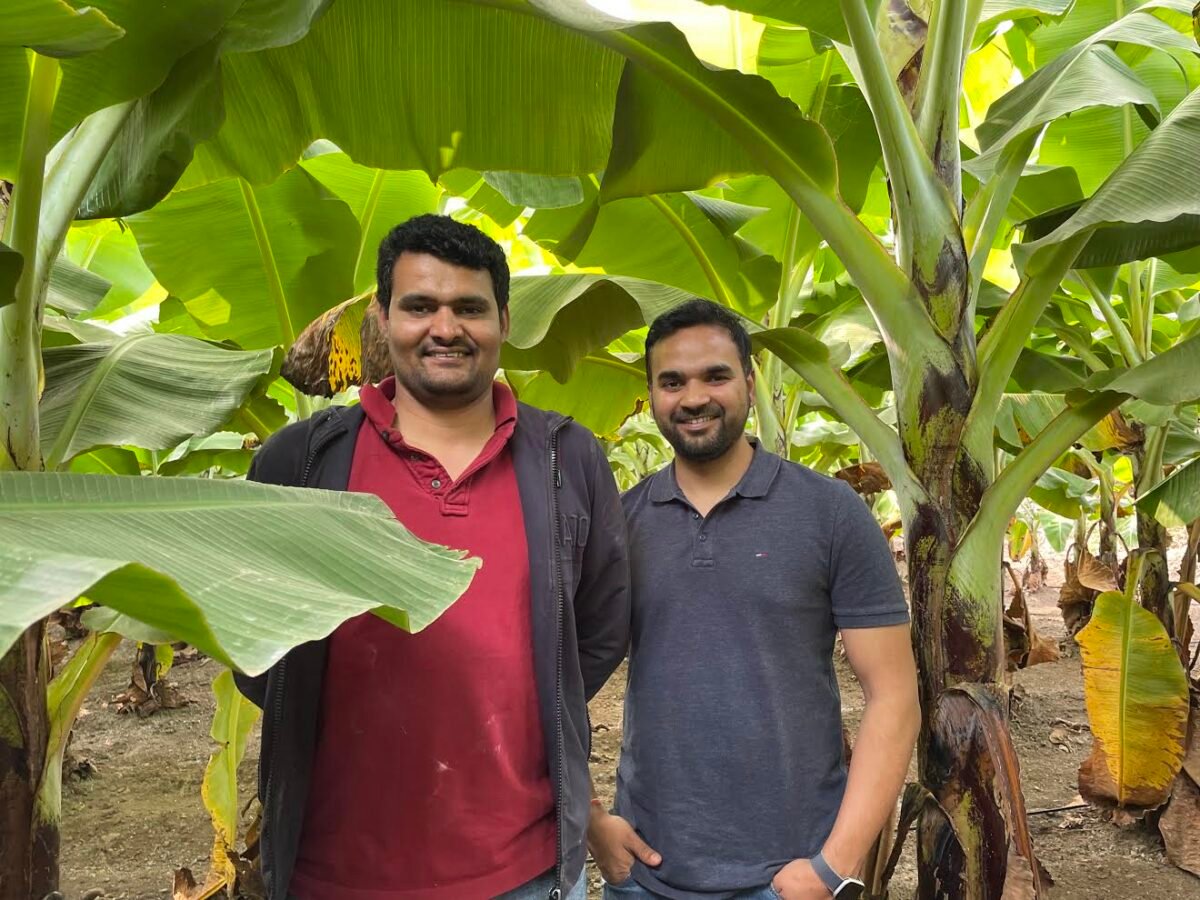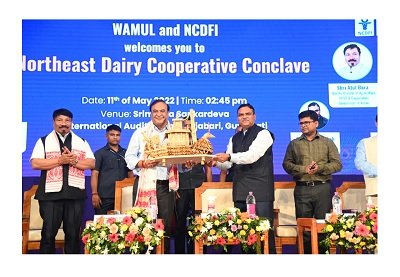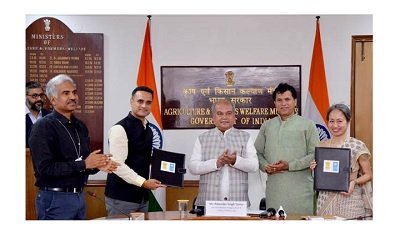Exhibitors showcase quality food products at FIFI AAHAR 2022
The five day show saw massive footfalls of more than 50000 B2B visitors making this one of the largest trade shows of the country
High-quality agricultural, food, and beverage products from Indian and international players were on display at the recent iteration of the AAHAR Food and Hospitality trade show. Forum of Indian Food Importers (FIFI), as one of the co-associates of the Government of India’s Trade Promotion Organisation (ITPO), marked attendance like never before.
FIFI International pavilion itself had participation from over 100 businesses, representing over 1750 brands from more than 100 countries topped with 6 country pavilions. The five day show saw massive footfalls of more than 50000 B2B visitors making this one of the largest trade shows of the country.
Amit Lohani, Founder Director, FIFI said, “We are thrilled to see that the sector has re-engineered itself and we are proud to be a part of this fraternity. This segment stood tall during the global pandemic and is now emerging as a market leader for others to learn from. We also appreciate the support we have received from the senior administration of the Food Safety and Standards Authority of India (FSSAI) and applaud participation from international community members. This says India is shining and that we are here to grow with the India story.”
The five-day event saw attendance from various luminaries. FIFI pavilion was inaugurated by the CEO of FSSAI Arun Singhal, who was accompanied by his colleagues Inoshi Sharma, Executive Director, and Director Imports Dr Amit Sharma.
The five day show saw massive footfalls














